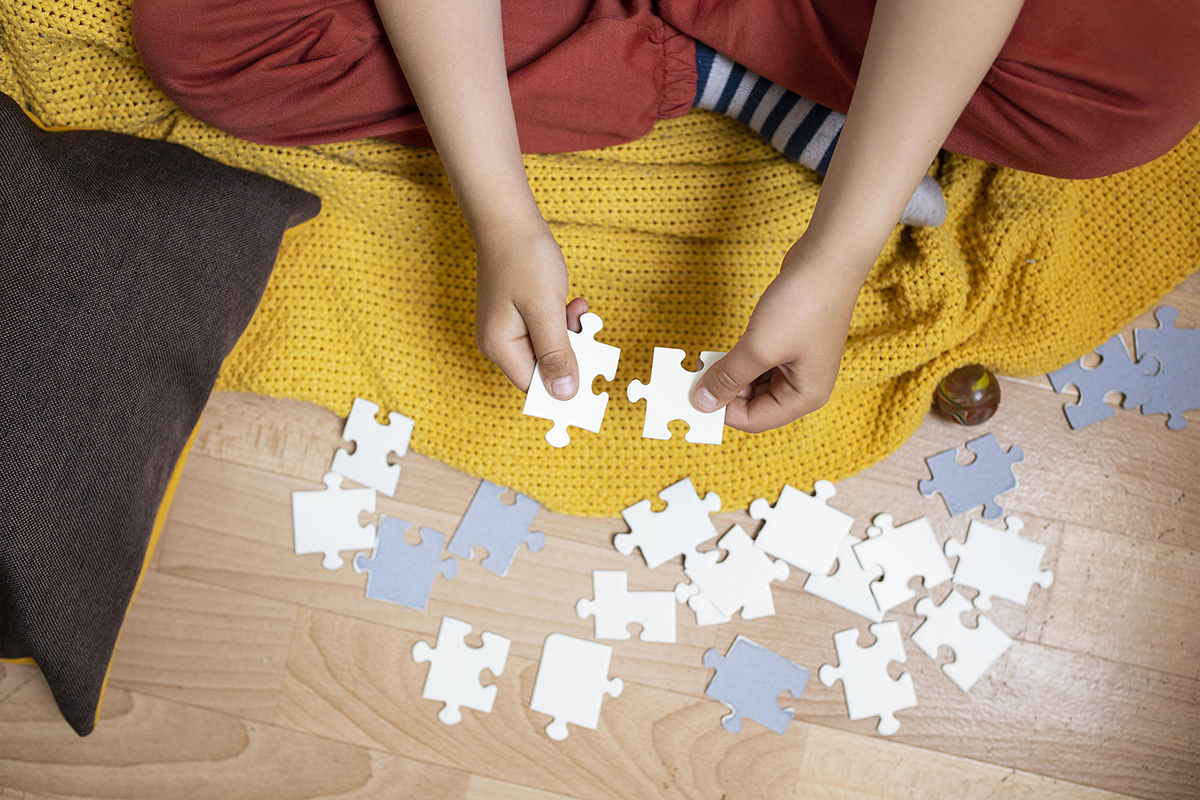Raising children with a high emotional quotient means higher achievement in school in the short term, but leads to significant advantages later in life. Equipping our children with emotional intelligence leads to healthy choices, strong self-awareness, and even career success later in life.
In today’s global job market, employers continue to seek out high levels of education, but more and more emphasis is being placed on soft skills such as communication, problem solving, work ethic, and most importantly, emotional intelligence. Defined as the ability to recognise, understand, and manage emotions in ourselves and others, this skill is becoming so critical that schools around the globe have embedded social emotional curriculum within their larger educational frameworks and learning outcomes from the youngest ages. No longer is getting perfect marks in school enough for later successes in relationships and careers. After all, research in the field tells us that parents who help coach their children emotionally produce children who perform better in school and have healthier relationships with peers and friends.
According to The Harvard Business Review, emotional intelligence is “a revolutionary, paradigm shattering idea” in the workplace. Research shows that people with higher emotional quotients, also called EQ, work better with others, adapt to change much more easily, manage stress better, and experience much lesser incidents of anxiety and depression.” UNICEF advocates for emotional intelligence to be nurtured in the early ages of life in order to “emotionally intelligent children become balanced adults, who in turn can rationally and calmly manage complicated situations.”
So where does today’s parent start to tackle such a complex developmental goal to instill these talents in their own children? Finding ways to help a child develop emotional intelligence can be difficult and often requires an active effort, however, often neglected is the need for parents to also cultivate emotional intelligence in themselves. In order to help a child regulate themselves, the parent must first learn to regulate their own emotions, reactions, and expressions. This means that the journey through raising our children with a high EQ means that our own development happens concurrently and that what we expect from our children, we model through our own behaviors. Additionally, we create the emotional climate in our families in which children are enabled to identify, express, and cope with their feelings and emotions.

Create Emotional Awareness
Children are not born able to express what they are feeling and must be taught the skill of identifying their emotions before they can learn to cope with them. To help your child, ask them the following questions and give them an opportunity to reflect on it while you support with some language to label their emotion:
- What words can describe how you feel right now?
- What thoughts are you in response to your emotions right now?
- What physical sensations are you feeling as a result of your feelings?
- How intense is your feeling on a scale from 1-10?
- What actions can we take to deal with this emotion in a healthy way?

Listen and Show Empathy
Listening and showing empathy are two key elements of helping your child develop emotional intelligence. Listening involves actively engaging with your child, paying attention to their thoughts and feelings and responding in a thoughtful way. Showing empathy involves trying to empathise with your child’s feelings. It’s important to make sure your child feels heard and understood. Be patient and let your child express their emotions without judgement. It’s also important to remember that everyone expresses emotions differently and what works for one child may not work for another. Encourage your child to be open and honest about their feelings and remember that showing empathy is not the same as agreeing with their viewpoint.

Encourage Self-Expression
Self-expression is an important part of emotional intelligence. By encouraging your child to express their feelings and thoughts, you can help them to better understand themselves and their emotions. This will also help them to cope with and manage their emotions, as well as to develop empathy for others. One way to do this is to provide them with a safe and supportive environment in which they can express themselves without judgement. You can also use creative activities such as art or music to help them express their feelings.

Teach Problem Solving Skills
Problem-solving skills are key components of emotional intelligence. Helping your child develop the ability to think critically and come up with creative solutions to problems will make them more resilient and better-equipped to handle challenges in the future. Encourage your child to think outside the box and come up with creative solutions, rather than just following instructions. This could include activities like brainstorming challenges and coming up with solutions, playing problem-solving games, and role-playing scenarios that require problem-solving. This will improve your child’s confidence in their own abilities, as well as strengthen their EQ.
Help Them Develop Self-Awareness
Self-awareness is the first step to developing emotional intelligence. It is the ability to recognise your own feelings and be aware of how those feelings can affect your judgment and behaviour. It can help your child to better understand their emotions, strengths, and weaknesses. Parents can help children develop self-awareness by encouraging them to talk about their feelings, and to take time to reflect on their behavior. Parents can also listen to their child’s feelings without judging or criticising, and can help them find ways to express their feelings in a healthy way. Providing a safe and supportive environment for your child to express themselves can help them to develop their self-awareness.
In conclusion, it is essential to remember that developing emotional intelligence takes time and practice. Parents can provide guidance, support, and a safe environment for their children to practice and grow in their emotional intelligence. As parents, it is important to model what it looks like to have emotional intelligence and to be self-aware. By doing this, you are giving your child the tools and skills to help them to live a happier and more fulfilled life.
Parents can find additional resources and support at the following:
- Conscious Discipline, a worldwide program that focuses on offers e-learning, resources, and training for parents with toddlers and young children at: https://consciousdiscipline.com/about/parents/
- Role Models Middle East offers courses for children and webinars for parents in several locations in Saudi Arabia and online. Check out their offerings at https://www.rolemodels.me/
- Struggling with challenging behavior in your child? ABC Diagnostic and Learning Center offers evaluation services. Learn more at https://abc-ksa.com/




